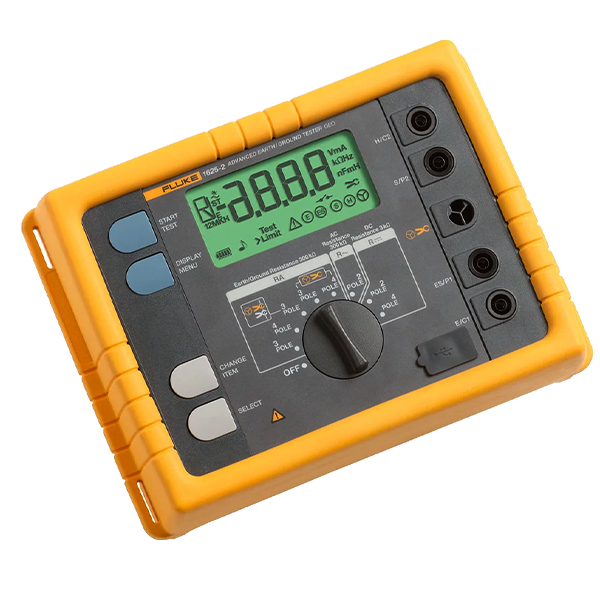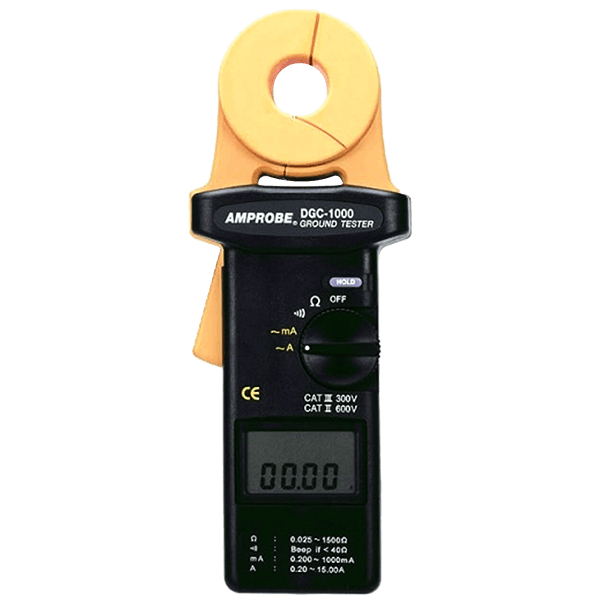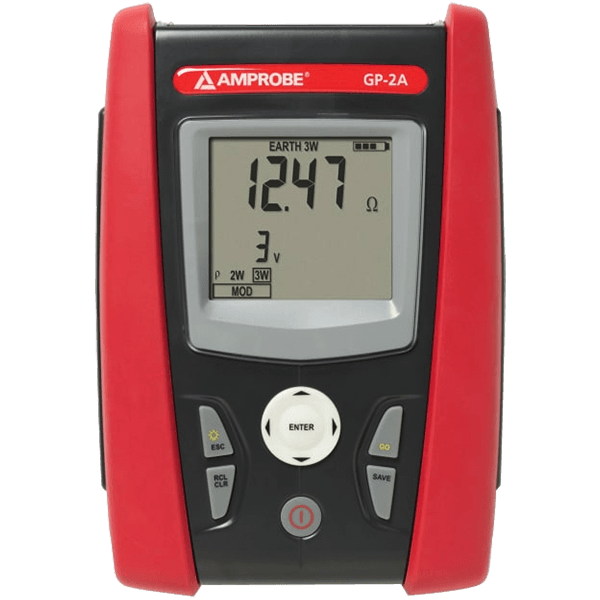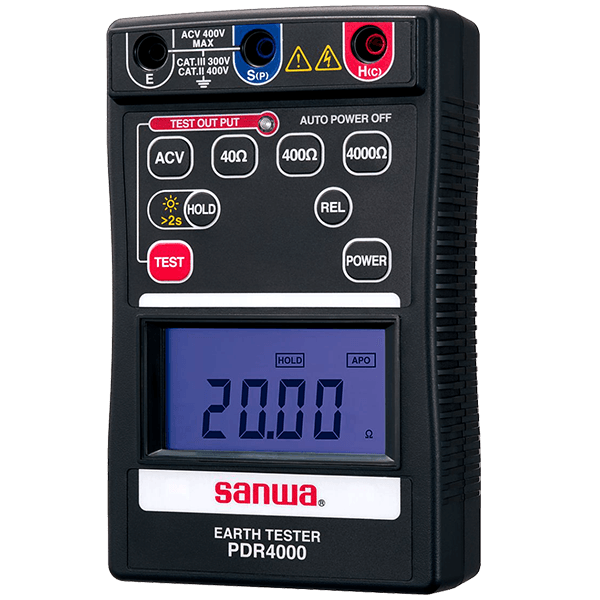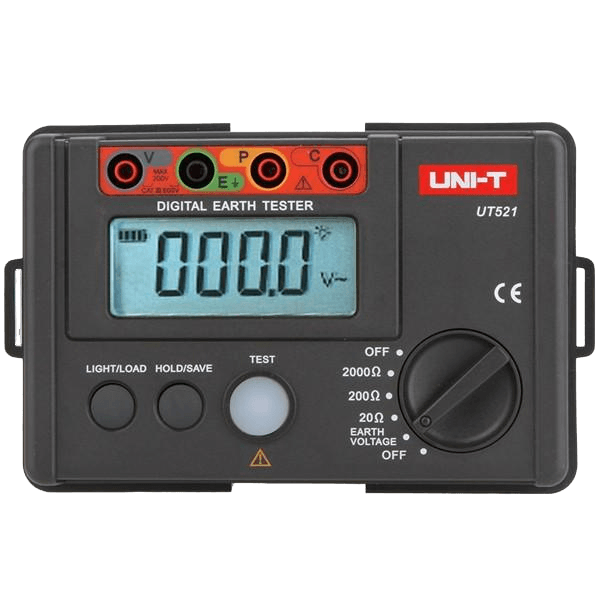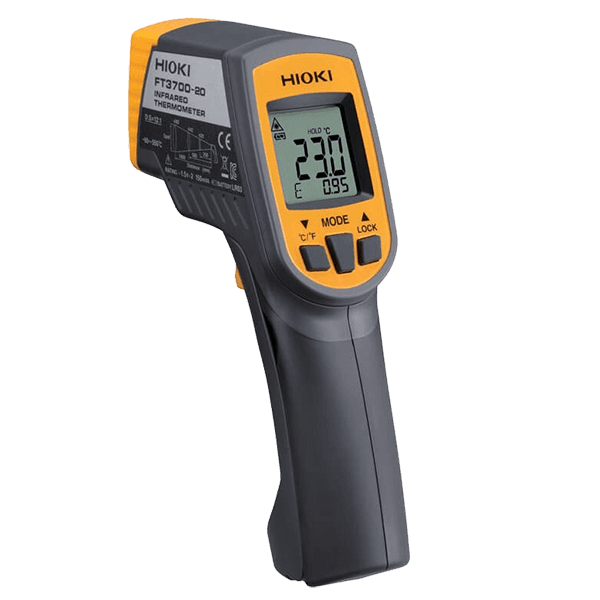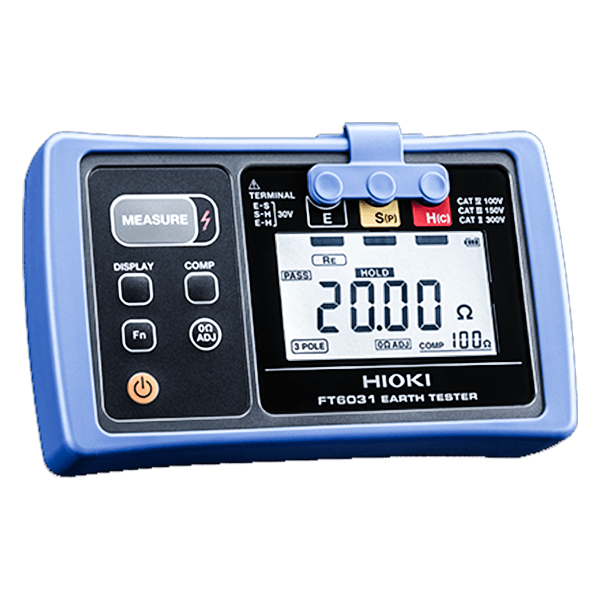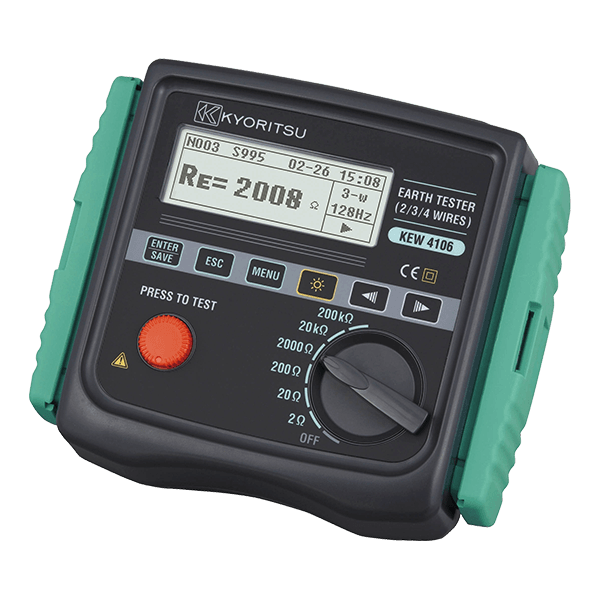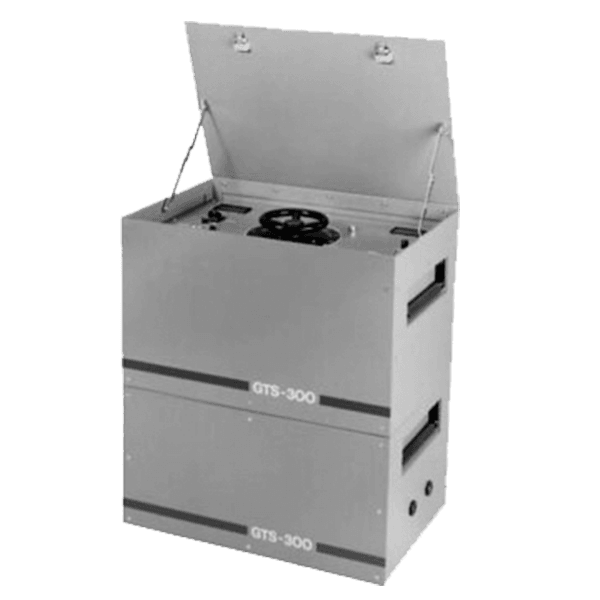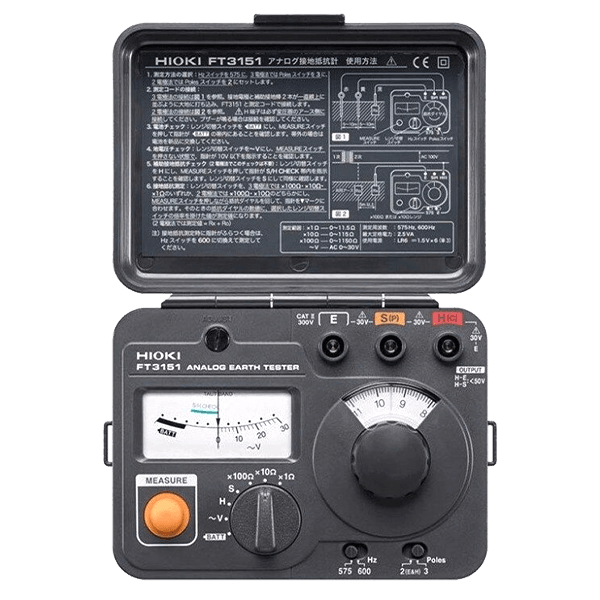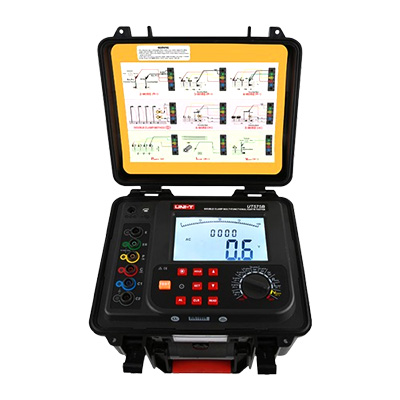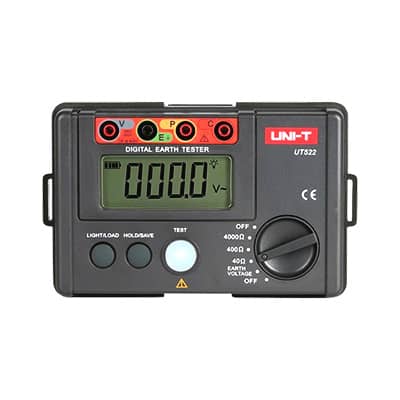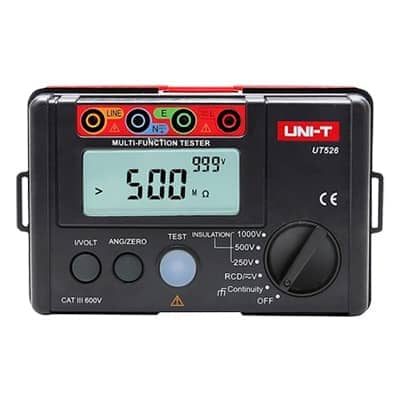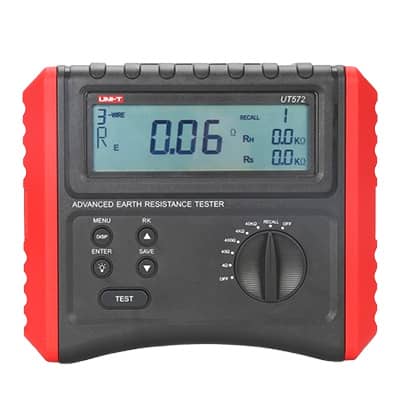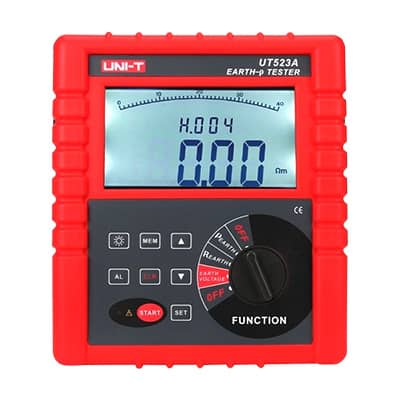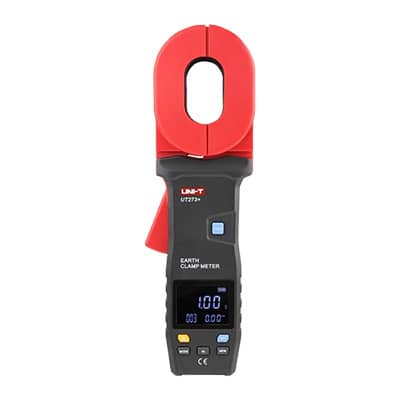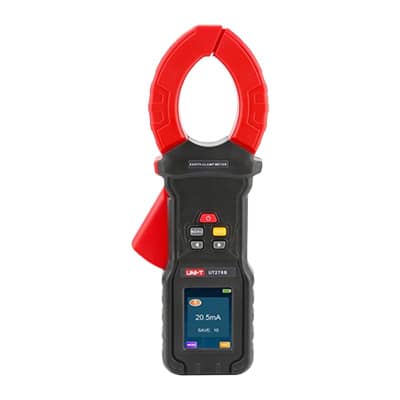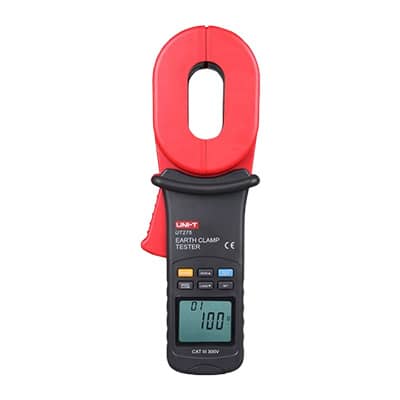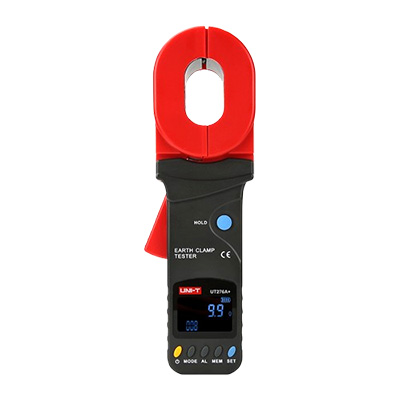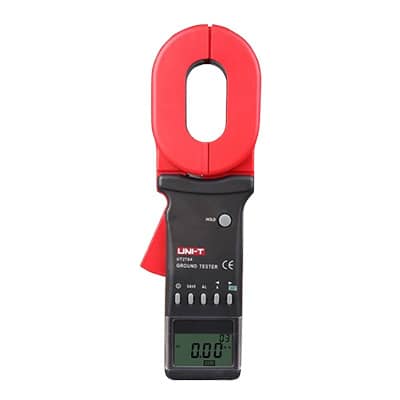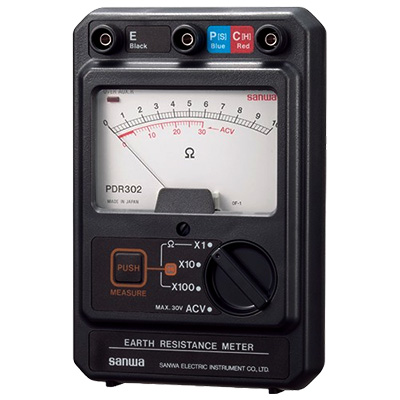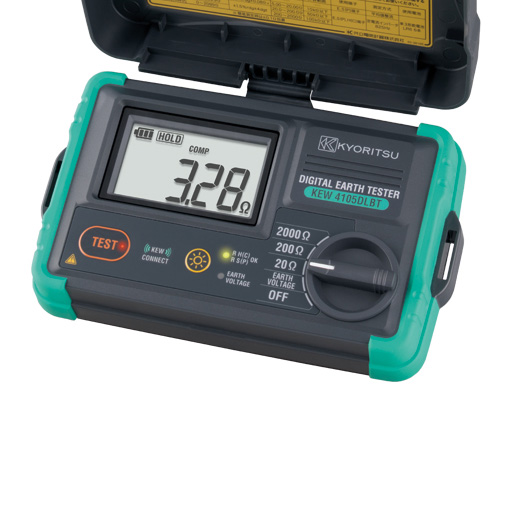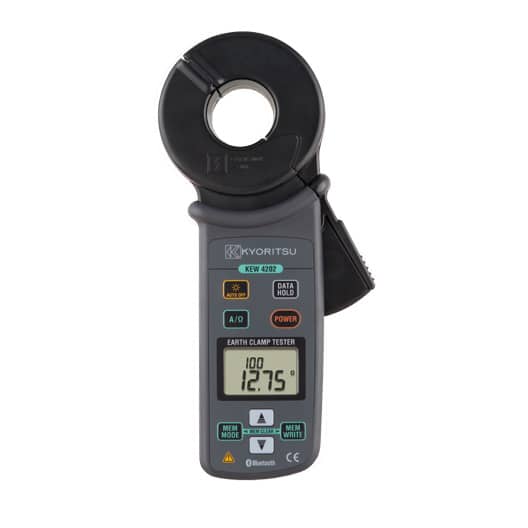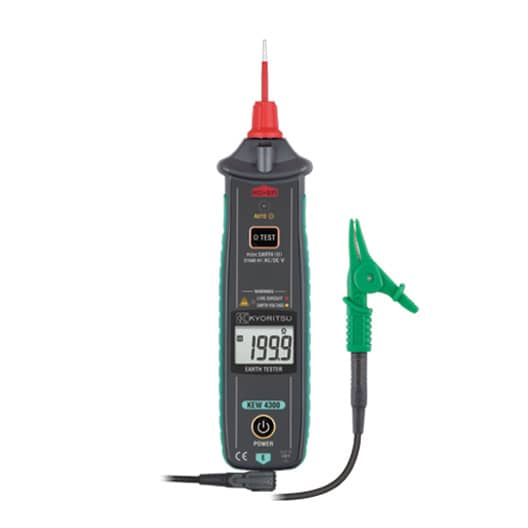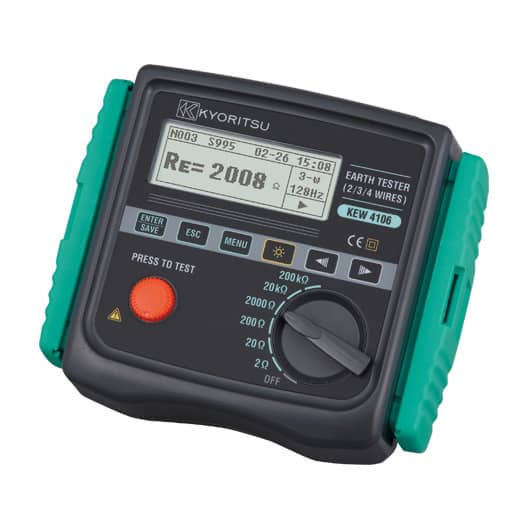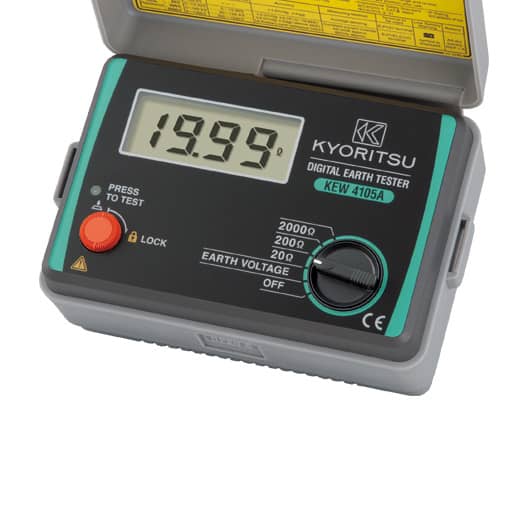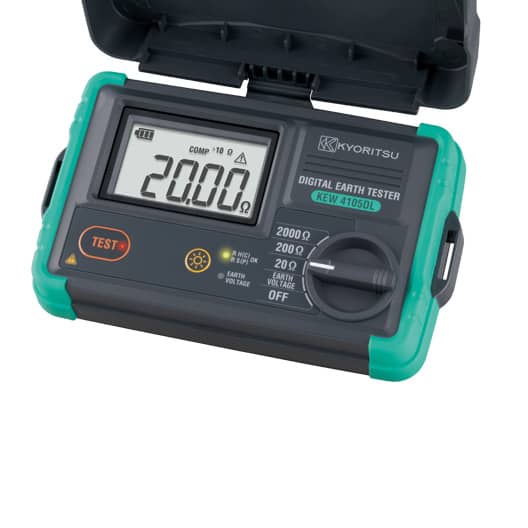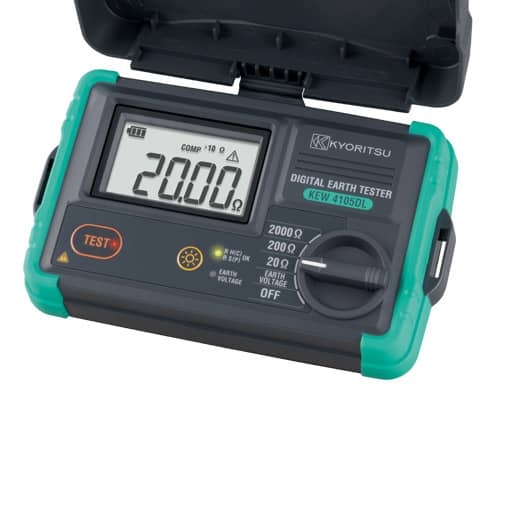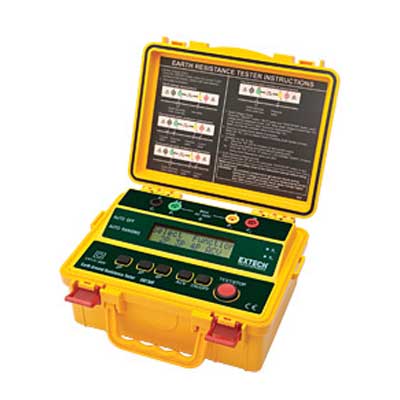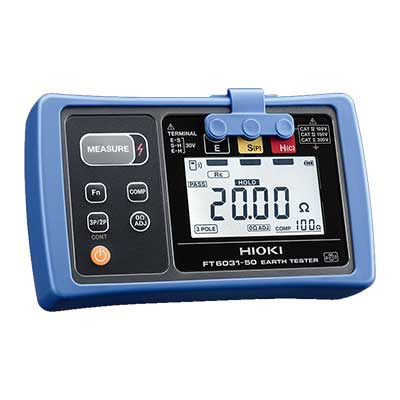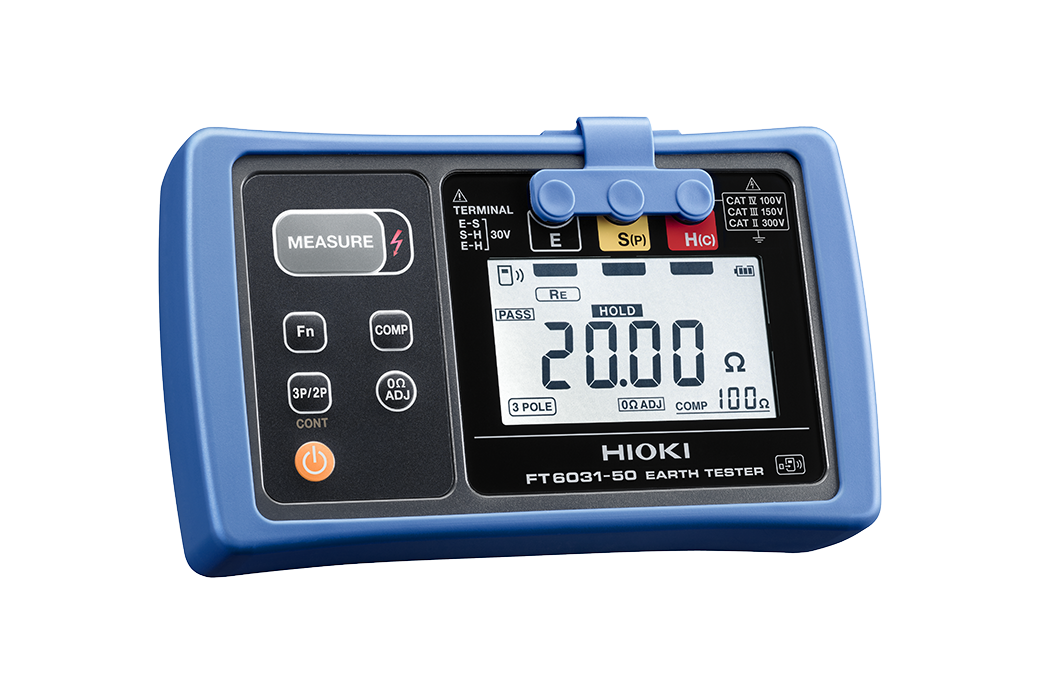Earth Ground Resistance Tester Price in Bangladesh
Earth Ground Resistance Tester Price in Bangladesh is a key consideration for professionals seeking reliable tools for electrical grounding system testing. These testers are essential for ensuring that electrical installations comply with safety standards by accurately measuring earth resistance, ground loop resistance, and soil resistivity. Whether for residential, commercial, or industrial applications, Earth Ground Resistance Testers play a vital role in preventing electrical hazards and ensuring system reliability.
In Bangladesh, the price of Earth Ground Resistance Testers varies depending on the brand, features, and measurement capabilities. Popular models from brands like Fluke, Hioki, UNI-T, and Mastech offer a range of functionalities, including 2-pole, 3-pole, and 4-pole testing methods, LCDs, data logging, and advanced digital interfaces. Entry-level models are budget-friendly and ideal for small-scale operations, while premium models provide high precision and are used in critical infrastructure projects.
At Tools Bangladesh, we offer a wide selection of Earth Ground Resistance Testers at competitive prices, along with after-sales support and a genuine warranty. Stay updated with the latest Earth Ground Resistance Tester Price in Bangladesh on our website to find the best tool for your needs. Quality, accuracy, and safety all in one device.
Electrical safety is one of the most important aspects of modern construction, industry, and infrastructure. A well-designed electrical grounding system ensures that excess current from faults, lightning strikes, or other disturbances flows safely into the earth, protecting both equipment and human life. To verify that these systems are effective, engineers and technicians rely on an essential tool: the Earth Ground Resistance Tester.
In Bangladesh, where electrical systems often operate in diverse environmental and soil conditions, testing the earth resistance regularly is vital. This article explores what an Earth Ground Resistance Tester is, how it works, key features to consider, factors that affect its cost, and the current market trends in Bangladesh.
What Is an Earth Ground Resistance Tester?
An Earth Ground Resistance Tester, also known simply as an “earth tester,” measures the resistance between the earth electrode (ground rod) and the earth itself. Ideally, this resistance should be as low as possible, ensuring that fault currents can flow easily into the ground.
These testers are widely used in:
- Power distribution and transmission systems
- Building electrical installations
- Telecommunication towers
- Industrial plants
- Lightning protection systems
By regularly testing ground resistance, engineers can identify issues such as poor soil conductivity, damaged electrodes, or corroded connections before they lead to equipment failure or safety hazards.
How Does It Work?
An earth resistance tester operates by injecting a small current into the ground and measuring the resulting voltage drop. The device then calculates the resistance using Ohm’s law (R = V/I). There are several testing methods:
- Two-Pole Method: Used for simple tests or where multiple ground connections are not possible.
- Three-Pole Method: The most common approach for standard measurements. It uses two auxiliary electrodes (current and potential) placed at set distances from the ground electrode.
- Four-Pole Method: Offers higher accuracy by minimizing lead and contact resistance.
- Clamp-On Method: Used in systems where disconnecting the ground is impractical. It measures resistance without driving additional test spikes.
Each method has its own advantages depending on the site conditions and required precision.
Key Features of a Good Earth Ground Resistance Tester
When selecting a tester in Bangladesh, several key features can help determine its quality and suitability:
-
Measurement Range and Accuracy:
Look for instruments capable of measuring a wide range of resistance values with a high degree of accuracy. Industrial systems often require readings in the low-ohm range.
-
Test Method Compatibility:
Modern testers support multiple methods (2, 3, or 4-wire configurations) to adapt to different testing environments.
-
Data Storage and Logging:
Many advanced models allow users to store readings and transfer data to a computer for analysis — helpful for maintenance documentation.
-
Durability and Build Quality:
Since testing often occurs outdoors, a rugged, weather-resistant body and reliable leads are essential for long-term use.
-
User Interface:
A clear display, backlighting, and simple control layout improve usability, especially in low-light or field conditions.
-
Power Supply:
Depending on usage, options may include rechargeable batteries, standard cells, or even USB power sources.
-
Safety Standards:
Always ensure the device complies with international electrical safety standards such as IEC or CAT ratings.
Importance of Earth Resistance Testing in Bangladesh
Bangladesh’s tropical climate, varying soil resistivity, and seasonal monsoons make grounding maintenance particularly important. Moisture content and soil composition greatly affect earth resistance values. For example:
- Dry or sandy soil generally has higher resistance.
- Clay or moisture-rich soil offers better conductivity.
Regular testing ensures that grounding systems remain effective despite seasonal changes or corrosion. This is especially crucial for:
- Power stations and substations, where faults can cause major outages.
- Telecommunication towers, where proper grounding protects sensitive equipment from lightning.
- Residential and commercial buildings, where earthing is essential for electrical safety.
- Factories and industrial plants, where heavy machinery and control systems require stable grounding.
Comparison Table on Earth Ground Resistance Tester
| Brand / Model |
Key Features |
Ideal For |
Things to Note |
| Fluke 1623-2 GEO |
3- and 4-pole methods, clamp-on and stake testing, IP56 rated, auto-range, data logging |
Industrial, utility, or large grounding systems |
Expensive but extremely versatile and reliable |
| Megger DET4TC2 |
Digital 4-terminal tester, 0.01 Ω resolution, rechargeable battery, CAT IV 100 V |
Precision earth testing and soil resistivity |
Requires stakes; setup takes more time |
| Hioki FT6031-50 |
IP67 waterproof, wide range (0.01 Ω–2000 Ω), automatic measurement |
Outdoor and harsh environments |
Limited data storage compared to Fluke |
| Amprobe DGC-1000A (Clamp-On) |
Non-contact testing (no stakes), measures up to 1500 Ω, auto calibration |
When ground rods are hard to access or cannot be disconnected |
Clamp method is convenient but less accurate |
| Kyoritsu 4105A |
Simple 3-pole tester, 0–2000 Ω range, compact, reliable |
Contractors, electricians, general field use |
Fewer advanced features; great for routine jobs |
Factors Affecting the Price of Earth Ground Resistance Testers
Although we won’t discuss specific prices, it’s helpful to understand what influences cost differences among models in the Bangladeshi market.
-
Brand and Country of Origin
Renowned international brands often charge a premium due to their build quality, accuracy, and after-sales support. Locally distributed or less known brands can be more affordable but may lack long-term reliability.
-
Testing Capabilities
Instruments offering multiple testing methods (2-, 3-, and 4-wire) and advanced features like noise filtering, data logging, or PC connectivity usually cost more.
-
Measurement Accuracy
Higher-precision devices with low measurement error margins are typically priced higher, as they cater to professional and industrial users.
-
Design and Durability
Field-ready instruments with water and dust resistance, strong casing, and accessories such as test spikes, long leads, and carrying cases tend to cost more upfront but last longer.
-
Additional Features
Some models include automatic range selection, digital display with backlight, memory storage, USB interface, and safety alarms — all of which add value and cost.
-
Local Support and Warranty
Products backed by official distributors or service centers in Bangladesh may have slightly higher prices, but they offer peace of mind for calibration and repair services.
-
Market Factors
Import taxes, exchange rates, and dealer margins can also influence retail prices. Fluctuations in these variables often cause differences between models and regions.
Choosing the Right Tester for Your Needs
Before making a purchase decision, it’s important to assess your specific application:
-
For Basic Use:
Small electrical contractors or domestic users may only need a simple digital tester capable of basic 2- or 3-wire measurements.
-
For Professional Use:
Engineers working on commercial installations or telecommunications systems should consider mid-range devices with better accuracy and data-logging capability.
-
For Industrial and Research Applications:
High-end testers with advanced features, clamp-on measurement, and computer connectivity are ideal for complex installations, substations, or industrial audits.
Always evaluate whether the additional features justify the extra cost in terms of performance, reliability, and productivity.
Maintenance and Calibration
Owning an Earth Ground Resistance Tester also involves regular maintenance. Over time, test leads, connectors, and spikes may wear out or accumulate dirt, affecting accuracy. Regular calibration by authorized service centers ensures the instrument remains within its specified accuracy limits.
In Bangladesh, calibration services are available through electrical testing laboratories and authorized distributors. Keeping calibration certificates up to date is especially important for companies involved in safety audits, ISO compliance, or government contracts.
The Future of Ground Testing Technology
The field of electrical testing is evolving rapidly. Modern testers are becoming more compact, faster, and smarter. Some advanced models now feature Bluetooth or wireless connectivity, allowing technicians to view readings on mobile apps in real time. Integration with digital reporting tools is also becoming popular, reducing paperwork and improving efficiency.
As Bangladesh’s industrial and infrastructure sectors expand, the demand for reliable, efficient, and easy-to-use ground resistance testers will continue to grow. Local distributors are increasingly offering models tailored to tropical climates and regional requirements, ensuring better accessibility and support.
An Earth Ground Resistance Tester is a vital tool for ensuring electrical safety and reliability in Bangladesh. Whether used for household installations or industrial systems, it plays a central role in protecting people and property from electrical hazards. Choosing the right tester depends on factors like application, accuracy, durability, and available features.
With the ongoing growth in infrastructure, renewable energy, and telecommunications, the importance of proper earthing and regular testing cannot be overstated. Investing in a high-quality earth resistance tester — supported by good maintenance and calibration practices ensures long-term safety, compliance, and peace of mind for every electrical professional in Bangladesh.
 Calibration
Calibration
 HVAC/Clean Rooms
HVAC/Clean Rooms
 Electrical
Electrical
Temperature
 Power & Energy
Power & Energy
 Mechanical & Maintenance
Mechanical & Maintenance
 Pharma, Health & Biomedical
Pharma, Health & Biomedical
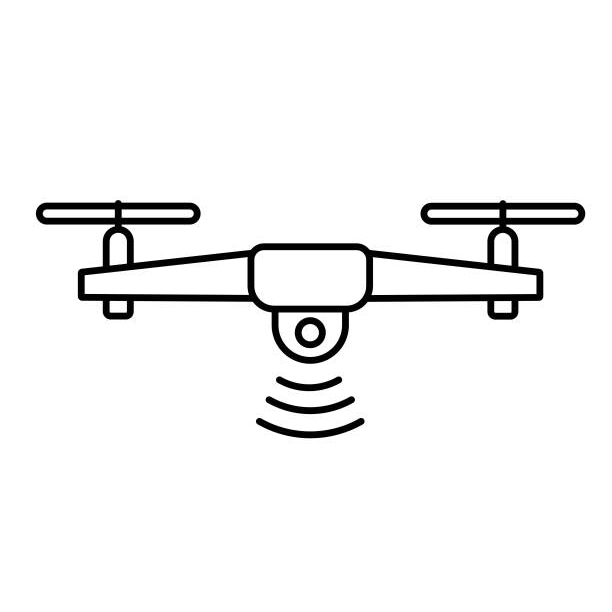 Drone Solution
Drone Solution
 Networking
Networking
 Transformer & Relay Testing
Transformer & Relay Testing
 Insulation, Resistance and Battery
Insulation, Resistance and Battery
 Fault Testing & Diagnostics
Fault Testing & Diagnostics
 Lightning Protection Solution
Lightning Protection Solution
 Education, Research & Development
Education, Research & Development
 Civil Equipment
Civil Equipment
 Renewable Energy
Renewable Energy
 Cleaning and supplies
Cleaning and supplies
 Power Tools
Power Tools
 Safety Tools
Safety Tools
 Hardwares
Hardwares
 Construction Supply
Construction Supply
 Stationeries
Stationeries
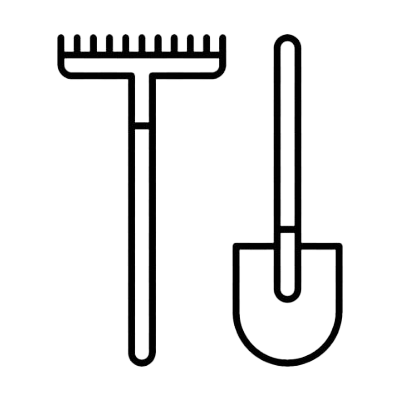 Garden Tools
Garden Tools
 Accessories
Accessories
 Machines
Machines
 Hand Tools
Hand Tools






































